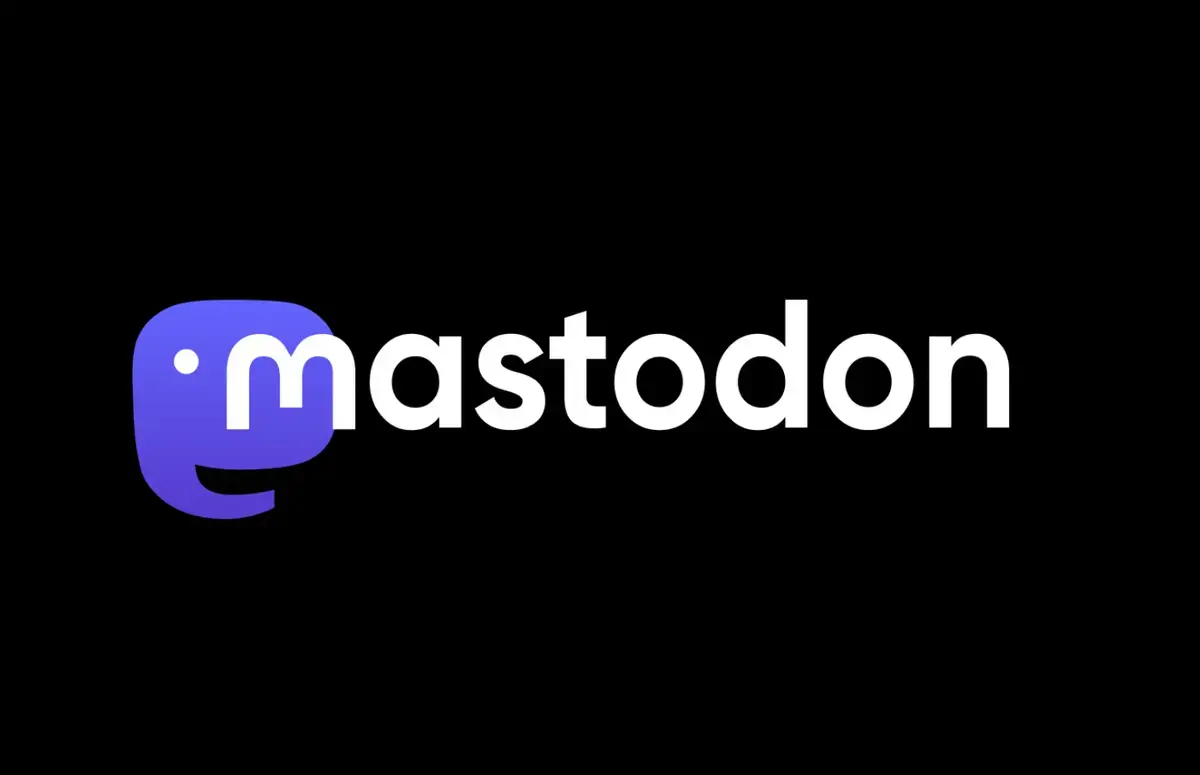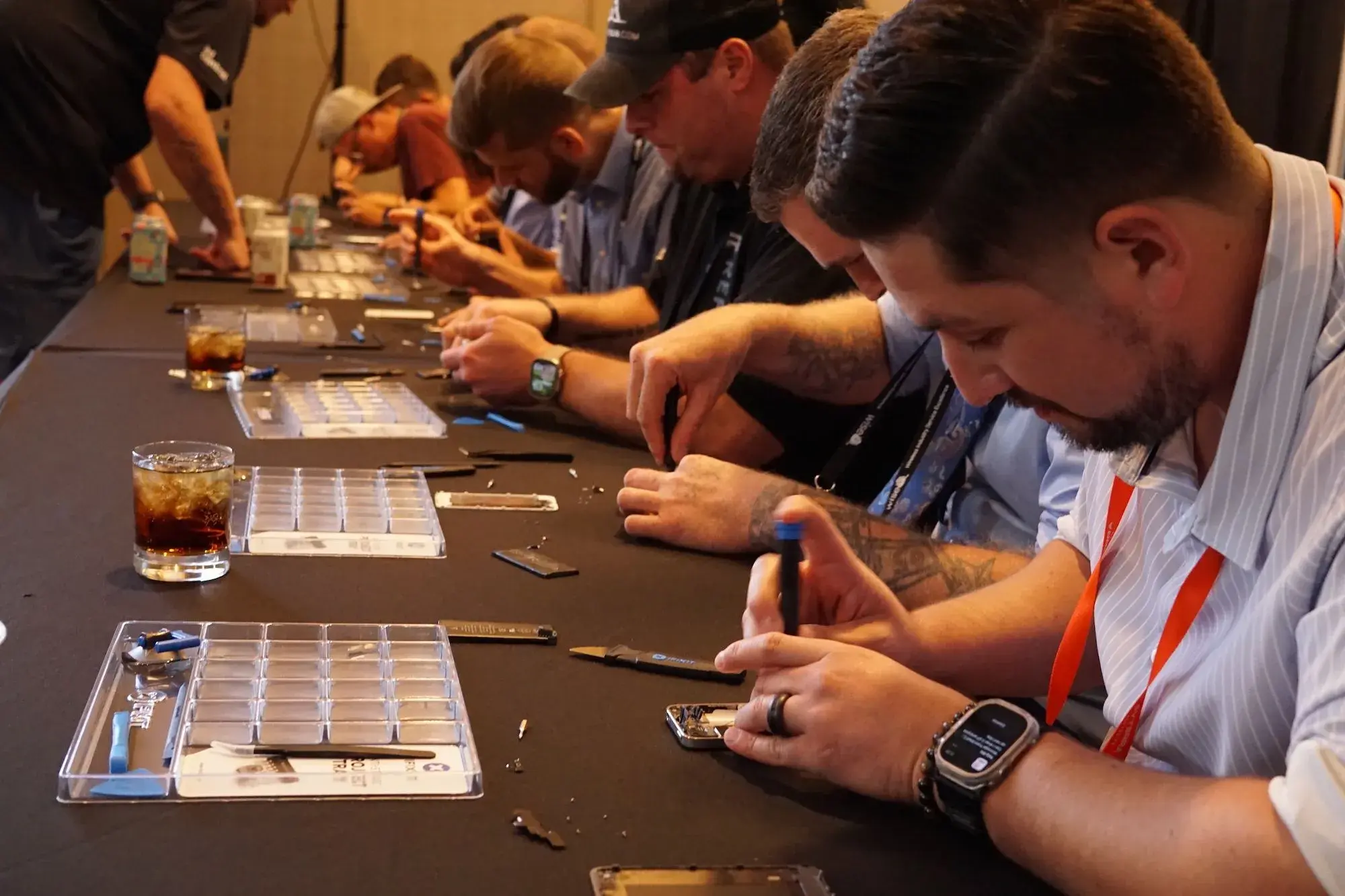I cannot access my homelab from my work network, so I cannot sync via Nextcloud. Syncthing would be better, but they just stopped supporting Android sync, which I need. Proton Drive doesn’t sync files on Android. On top of that, I don’t want to deal with sync issues because keepass isn’t designed for syncing like that. I’m not gonna go back to using Google, Microsoft, or Dropbox just for keepass. I’ve considered just keeping my db file on a flash drive, but all of the keepass Android apps I tried won’t automatically detect that the file exists when I plug in the drive.
If someone has a better way for me to use it, please enlighten me.
Bitwarden is slowly turning their stuff closed-source, and I hope they don’t turn to shit, but right now it’s what works.


















Yeah, I guess I shouldn’t have put that in this comment, I was just airing a tangential frustration. It still doesn’t help me unless I set up a vps on a whitelisted domain at my work.